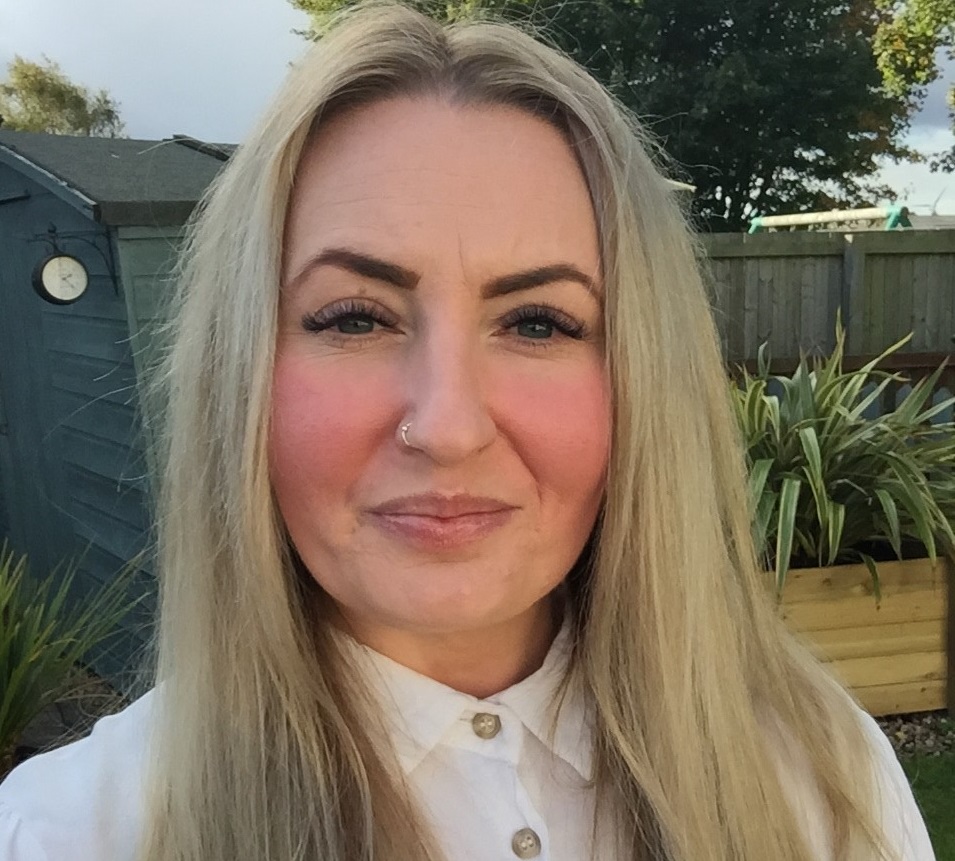Face-to-face support has been stripped away, but mental health charity Penumbra is still looking after its community through the Covid pandemic
One of the great things about the third sector is its determination to keep moving forward. Here at Penumbra, we provide community based mental health recovery support to around 1,800 adults and young people each week and throughout lockdown, we’ve continued to operate all of our services across Scotland with expansions in some areas.
Our ability as an organisation to react so swiftly to pandemic measures is in huge part down to our amazing teams and managers who adapted to a new way of working pretty much overnight. They’ve been brilliant.
To give readers an idea of the breadth of our work, our recovery teams provide a variety of support in the areas of suicide prevention, self-harm, and supported living and accommodation. We manage the Edinburgh Crisis Centre, a unique service that provides 24/7 crisis support for people living in the city. We’re a third sector partner in Distress Brief Intervention and an alliance partner of Future Pathways.
Our approach isn’t about fixing people. We support people to live a good life within their mental ill health through practical tools and plans designed around what works for each person. With the right support at the right time, recovery is possible. We’re all about meaningful connections and social inclusion, and much of our support is face to face so coronavirus has presented some obvious challenges. We’ve been determined, though, that physical distancing needn’t mean the end of meaningful social contact.
Our supported living and accommodation teams continue to support people in the person’s own home, all the while observing strict hygiene, PPE and distancing protocols.
Our self-referral teams are providing extended phone support. They’re making sure people who access our services have regular updates, and they’re sending out free resources for keeping well during change and isolation. We’ve embraced digital technology as a way of maintaining support for people who access our services. Peer led conversation cafes, workshops, art therapy groups, 1-2-1 key-working and groupwork sessions: all of these have been happening virtually, with a continued focus on quality and facilitation to ensure people are getting the support they need in this new way.
Our teams are working together with the people who access our services to make sure everyone has the skills and confidence to use virtual technology. We’re working hard to make sure people aren’t left behind in the digital gap. That’s where our fundraising and development teams have come into their own by linking into resources for smart devices for people who otherwise have had no need for such technology in pre-Covid days.
The wellbeing of our teams in all of this is so important, too. Digital technology has been crucial in keeping our teams connected. Informal team meetings, supervisions, training, and reflective practice sessions have all been really important for staff morale and in maintaining quality of service provision with the crossover to the virtual format.
Our social media channels have become increasingly helpful in reaching out to audiences. Inspiring recovery stories, our own team ‘positive vibes lockdown diaries’, and wellbeing resources all proving popular across our channels You can find Penumbra on Facebook and Twitter .
As lockdown measures ease, we will gradually introduce face to face contact through activities like physically distant walking, gardening groups, and outdoor visits at care homes. We’re also thinking ahead and carrying out the preparatory work needed to make buildings safe for colleagues and supported people to return.
Whilst the virtual format is no replacement for human contact, there’s no doubt the technology has allowed us to maintain meaningful connections with the people who access our services and across our own teams. It’s also given us the chance to reflect on opportunities for future innovations, building on what we’ve learnt in these last few months.







